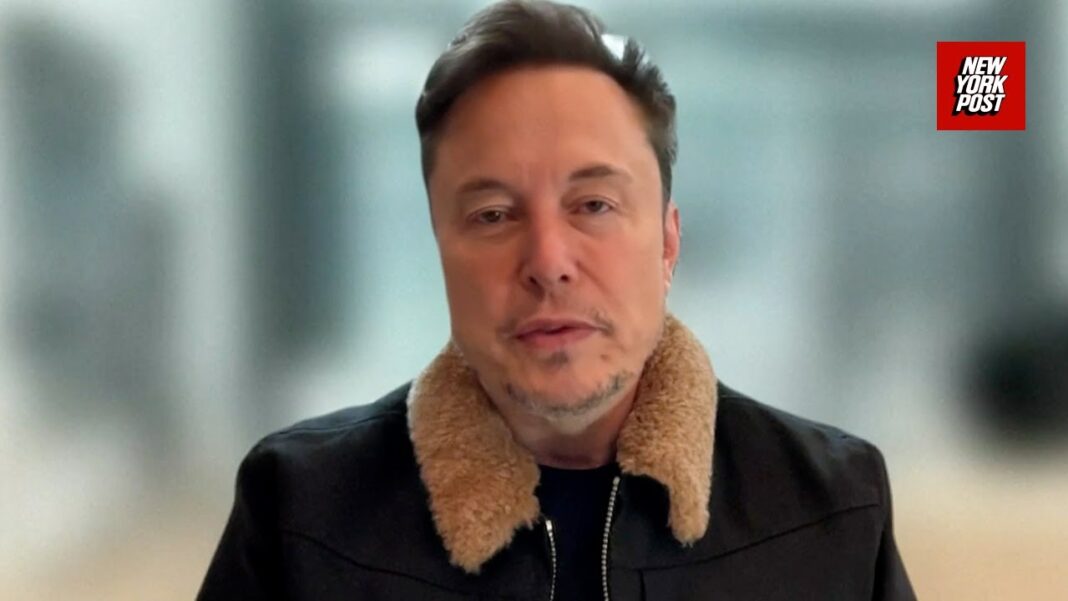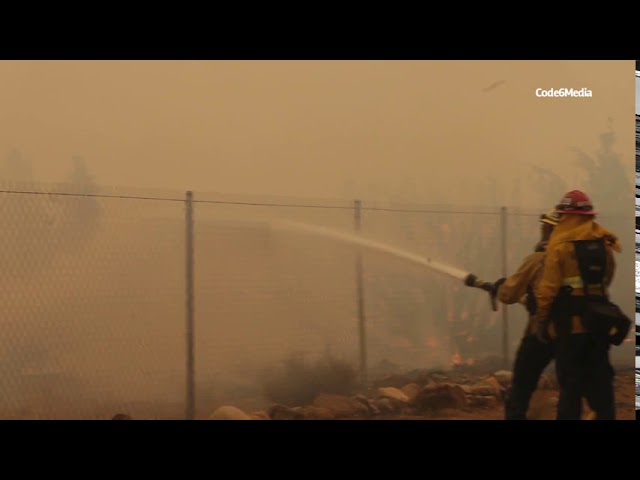WEST POINT, N.Y.—President Donald Trump returned to the Army’s United States Military Academy—known as West Point—on May 24 to deliver the graduation commencement address to the class of 2025.
Thousands in attendance roared in approval when the president appeared sporting a trademark red Make America Great Again hat.
“Follow your instincts and make sure that you take the path that you love, that you’re doing something that you love,” Trump said during the ceremony.
“You have to do what you love. If you don’t love it, you’ll never be successful at it.”
The president addressed the graduating class at the University of Alabama on May 1, but the West Point speech is the first military commencement of his second term.
Trump last spoke at the prestigious academy in 2020 during the last year of his first term.
In his most recent address, he quoted a prior graduate, President Dwight D. Eisenhower, telling the corps to “think big.”
“If you’re going to solve a problem, it might as well be a big problem,” Trump said.
He also channeled golfing legend Gary Player with a call to prioritize work ethic.
“The harder you work, the luckier you’re going to get,” Trump said.
He reminded the cadets of the important role the academy played in the nation’s history.
World War I and World War II were won “right here from West Point,” Trump said.
He reminded the cadets that they are responsible for the success of future warfare operations and noted his administration’s $1 trillion commitment to bolster the military.
“The job of the U.S. armed forces is not to host drag shows, to transform foreign cultures, or to spread democracy to everybody around the world at the point of a gun,” Trump said. “The military’s job is to dominate any foe and annihilate any threat to America, anywhere, anytime, and any place.”
He said the Golden Dome missile defense shield will help protect the nation, forecasting its completion before he leaves the White House in 2029.
Trump highlighted two cadets for their exceptional performances and one for his family’s sacrifice and service, bringing the men up individually to greet them and allow them to address the crowd.
The president also granted amnesty to the cadets who were subjected to minor disciplinary infractions, regarding tardiness, uniform tidiness, and other violations.







